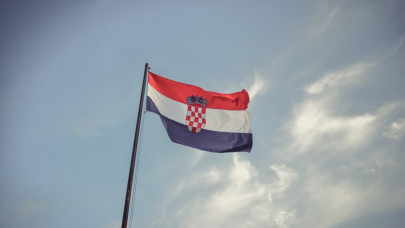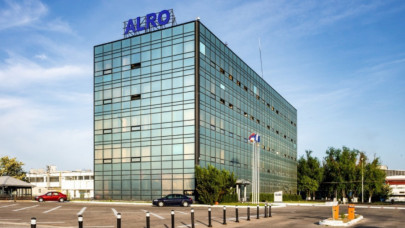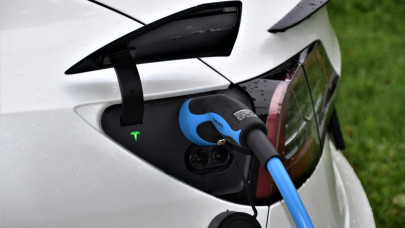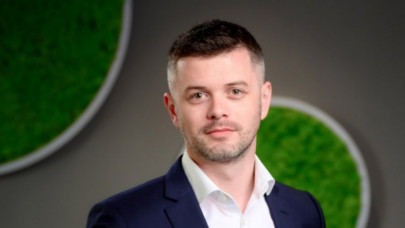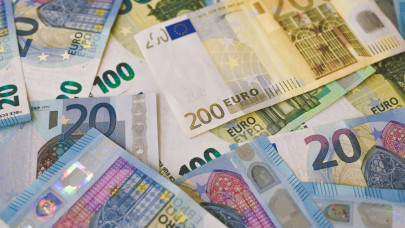How does ING Romania support businesses in their transition to a more sustainable model?
At ING Romania, we believe that sustainable business practices lead to better outcomes. We leverage our financing, advisory products, and services to actively assist clients in adopting sustainable business models that ensure long-term success. As a financial institution, we contribute by financing change, sharing expertise, and utilizing our influence.
For over six years, we have implemented the Terra methodology to address the most polluting sectors. We are committed to reducing our own carbon footprint and encouraging our clients to do the same. Our goal is to guide carbon-intensive segments towards achieving net zero emissions by 2050. Additionally, we have introduced various new financial instruments to support and enhance the sustainability trajectory within the current economy.
What are the main ESG criteria ING looks at when financing green projects?
Sustainability is a really complex process, and it does not happen overnight. For business, the challenge of a sustainable transformation is to strike a balance between the need to keep business moving and the implementation of change to achieve its Sustainability ambitions.
In the case of large businesses, we are working with the Terra methodology, but also working closely with our corporate clients to identify the best solutions for their needs.
When it comes to small and medium businesses, we are looking at the types of projects and whether they comply with our requirements. The financed activity or project must have a substantial contribution to one of the 6 environmental objectives established by the European Taxonomy: Climate change adaptation; Climate change mitigation; Sustainable protection of water and marine resources; Transition to the circular economy; Pollution prevention and control; Protection and restoration of ecosystems and biodiversity.
Has the demand for green financing grown in Romania? What trends do you see?
Based on our financial results, we have observed a growing interest in green loans from both private individuals and companies. That's because companies begin to understand that the transition to a more sustainable business model also has many opportunities. For examples, most of the EU grants are dedicated to these sustainable initiatives and hence a growing trend of these types of loans is noticed. In 2024 the mobilized volume of sustainable financing through loans or bond issues for corporate clients in ING Bank exceeded 1.5 billion euros. Additionally, the mortgage loans for residentials buildings with energy performance certificates (EPC) label A amounted to 382 million euros.
What challenges do companies face when trying to access green financing?
Challenges are not to access green financing; all banks are willing to grant these types of credits. But as a bank, we are looking into several aspects before deciding whether to finance a sustainable project or not. And most often than not we need concrete proof that the projects we are looking into financing will actually produce a positive impact.
But the real challenges for companies are to understand why it is important to adapt a new model of business which includes more sustainable initiatives and practices. Physical risks, new regulations, pressure from supply chain, new preferences of customers are only a few of the challenges they face. For this reason, we organize workshops, seminars, etc to share the information and to bring best practices in their fields.
How does ING ensure that financed projects truly contribute to sustainability?
ING's Terra approach employs various methodologies to ensure financed projects contribute to sustainability. Co-created in 2018 with the 2˚ Investing Initiative (2DII), a global think tank focused on climate metrics in financial markets, Terra initially used the Paris Agreement Capital Transition Assessment (PACTA) for Banks. This methodology assesses the necessary technology shifts across sectors to mitigate global warming and compares them with the technologies clients currently use or plan to use.
For instance, in the automotive sector, we evaluate the current production mix of internal combustion engine vehicles versus zero-emission vehicles among our clients and their plans to transition over time. We then compare this with science-based transition pathways for the automotive sector to achieve net-zero emissions by 2050. This analysis not only identifies what needs to change but also specifies the extent and timeline for these changes. This is where financing plays a crucial role, allowing ING to make a significant impact.


